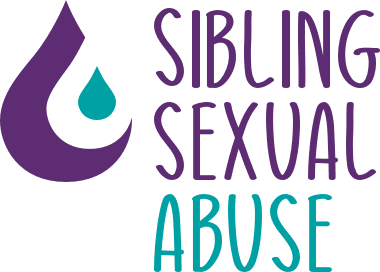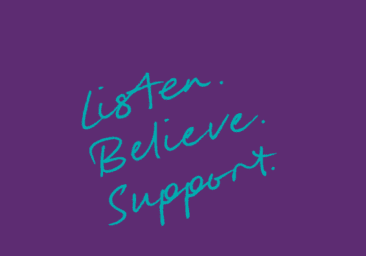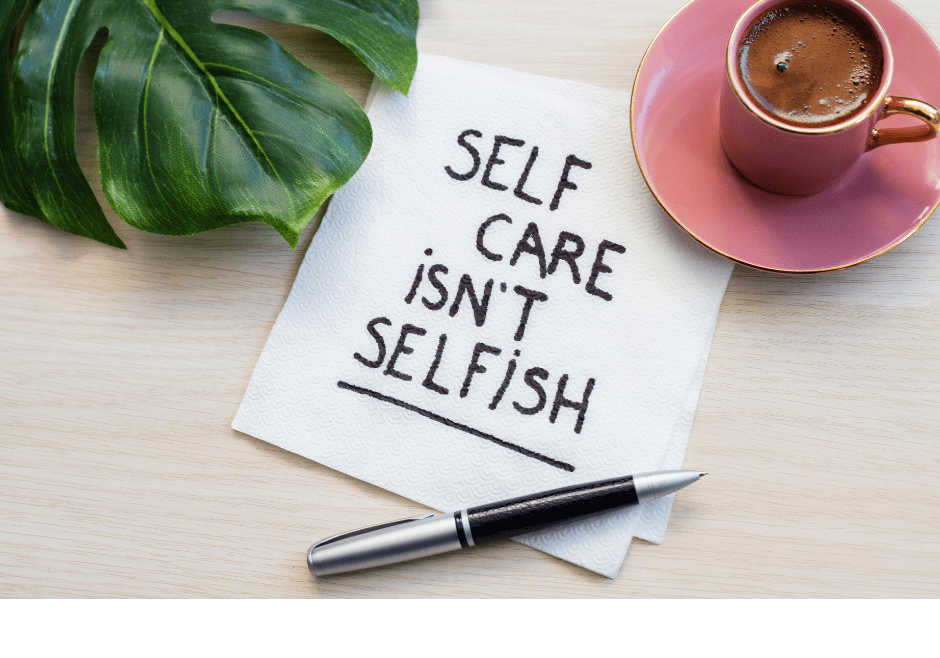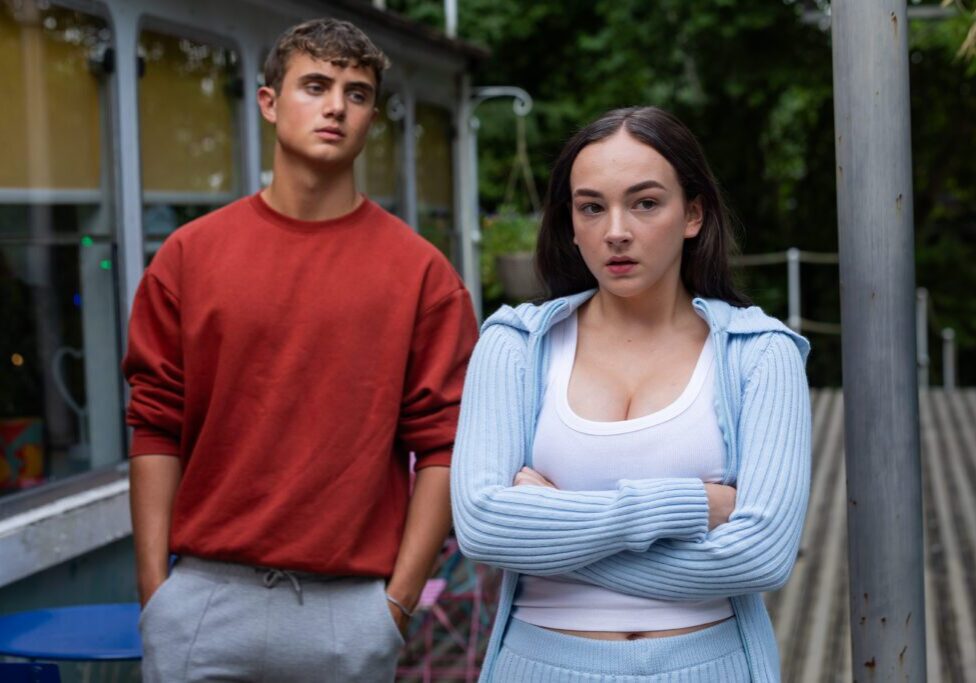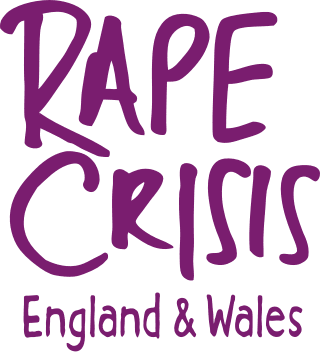About
We are delighted to have received funding from the Sir Halley Stewart Trust and the Rayne Foundation to fulfil this ground breaking two-year project, ‘Getting it Right’. This project is solely focused on supporting adult survivors who have experienced sexual abuse by a sibling.
‘Getting it Right’ will build on the momentum generated by the Rape Crisis England and Wales
research project to consolidate and grow the network of engaged and empowered adult survivors
and allies, and capitalize on increased political and professional awareness in order to embed a voice
for survivors. This website is a response to the need to support survivors, give them voice and a community to minimise the sense of isolation and marginalization they currently feel by provide a safe, contained community to promote empowerment, healing and growth.
Sibling Sexual Abuse
Sibling sexual abuse is considered the most common form of intrafamilial abuse in the UK: it is considered three to five time more likely a child will be abused by a sibling than an adult parent/carer. A conservative estimate is that 1.3m UK children and adults were abused by a sibling. That this so little known and discussed demonstrates the systemic silence in relation to sibling sexual abuse and means survivors are facing the impact of that abuse – shame, confusion, and stigma – in chronic isolation. It is a complex, emotionally charged and destructive form of child abuse, characterised by secrecy. The short and long-term consequences for survivors include post-traumatic stress disorder, depression, substance and alcohol misuse, eating disorders and relationship difficulties.
The national picture on sibling sexual abuse is complicated, and professional understanding fragmented. Our research project highlighted the absence of visible, vocal survivor communities, and revealed systemic barriers preventing survivors being able to access the specialist support they need. This includes inconsistencies in how police forces recognise and record sibling sexual abuse and how sibling sexual abuse is often mislabelled or coded under ’neglect’ when dealing with families at risk, making the abuse even less visible. Another barrier is a lack of training for social care professionals to identify and refer sibling sexual abuse – when clients are not referred in a timely way to the right service, this can intensify and prolong trauma symptoms.
We believe that survivor communities are best placed to co-create the support services and systems change that they need. We identified many adult survivors, in their 40s or 50s, who were speaking about their childhood experiences for the first time and living with the weight of unspoken trauma, with devastating impact. Due to the concealment around sibling sexual abuse, there can be considerable challenges in bringing the voice of survivors into designing practical and therapeutic responses. Our project works directly with survivors to bring lived experience and survivor leadership into the design and delivery of the services and systems that support survivors, so that their needs are properly recognised and met. This is undertaken in a therapeutic environment and includes skills development, opportunities to participate in media and public platforms, and training in, mentoring other survivors.
‘I’ve been carrying this, and I’ve been living this fake life. And I’m done. I’m not going to keep that shame, and I’m not going to keep that self-doubt and not feeling like I deserve things.’
Sibling sexual abuse survivor, 2021
National Project on SSA
For further information on the previous project, click below.
